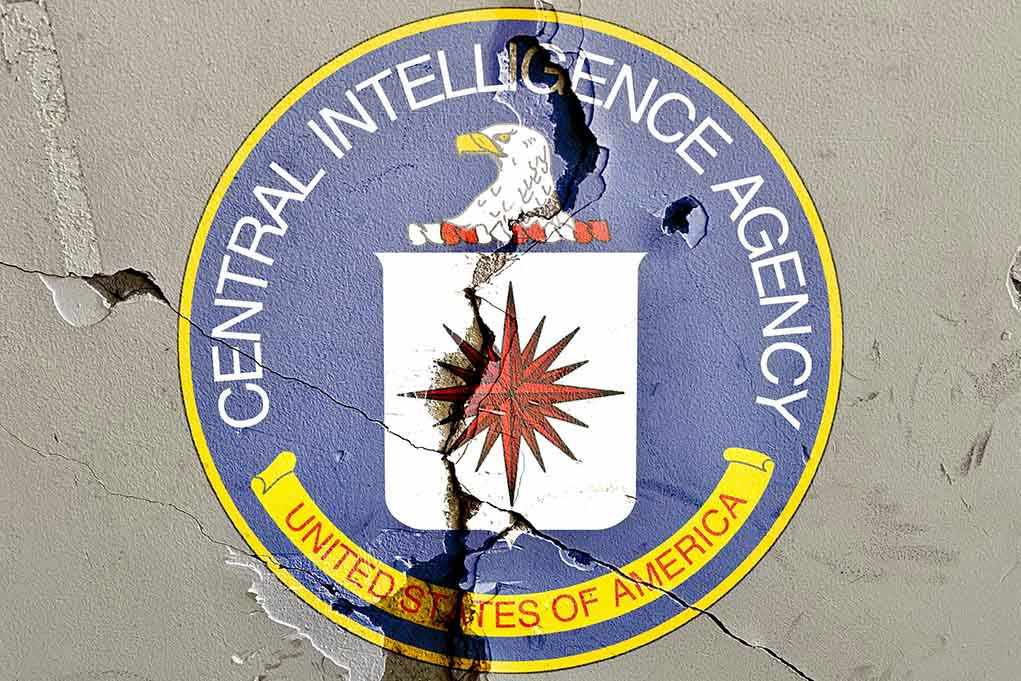
Dozens of intelligence officials just lost their security clearances in an unprecedented crackdown on politicized abuse inside America’s spy agencies.
Story Snapshot
- Director of National Intelligence Tulsi Gabbard revoked clearances for 37 intelligence officials accused of betraying public trust.
- The move targets figures linked to Obama-era investigations of alleged Russian interference in U.S. elections.
- This action follows a Trump administration pledge to root out politicization and restore accountability within federal agencies.
- The decision ignites debate over the future of the Intelligence Community and the role of politics in national security.
Gabbard Moves Against Politicized Intelligence
On August 19, 2025, Director of National Intelligence Tulsi Gabbard announced the revocation of security clearances for 37 current and former intelligence officials. This sweeping action, revealed publicly in a memo and social media post, responds to what Gabbard called “abuse of the public trust” by individuals connected to highly politicized intelligence activities. Many of those named played roles in the Obama-era assessments on alleged Russian interference, which have long been accused by conservatives of being driven by partisan motives rather than facts.
This marks the largest single-day security clearance revocation in U.S. intelligence history. Gabbard’s decision follows the establishment of the Director’s Initiatives Group (DIG) in April 2025—a task force charged with restoring integrity and transparency to the Intelligence Community. The Trump administration, returning to office in 2024 with a mandate to “drain the swamp,” has emphasized cleaning up agencies it believes were weaponized against political opponents and the American public. The public release of the names and justifications for clearance removal signals an era of new accountability, breaking with prior norms of secrecy around such decisions.
Restoring Trust: Trump and Gabbard’s Stated Goals
President Trump and DNI Gabbard have both underscored their commitment to restoring trust in America’s intelligence agencies. Trump’s executive orders have prioritized transparency and demanded that intelligence serve national interests rather than partisan agendas. Gabbard has echoed these themes, stressing the necessity of rooting out politicization and returning the Intelligence Community to its apolitical mission. The establishment of the DIG task force in April set the stage for these sweeping reforms, reflecting deep skepticism among conservatives toward intelligence officials tied to prior administrations.
The revocation of clearances is not without precedent. In 2018, President Trump threatened to revoke credentials of former officials critical of his administration, and in 2020, similar demands were made regarding figures involved in the Russia probe. However, the current move distinguishes itself by its scale, transparency, and direct linkage to what the administration describes as systemic abuse and politicization during the Obama and Biden years. This action directly addresses longstanding conservative concerns about the erosion of constitutional principles and unchecked bureaucratic power.
Political Fallout and Legal Uncertainty in the Intelligence Community
The immediate consequence of Gabbard’s order is that the 37 affected individuals lose access to classified information, effectively ending their ability to participate in sensitive national security matters. Legal challenges may follow, as some in the intelligence community argue this sets a dangerous precedent and threatens the apolitical foundation needed for objective analysis. Critics warn of a chilling effect on dissent and the loss of valuable institutional memory, while supporters celebrate overdue accountability for officials accused of placing political interests above national security. The Director’s Initiatives Group continues to review further personnel and processes, signaling that this may be only the first phase in a broader overhaul.
Broader impacts are already emerging. The Intelligence Community faces disruptions that may affect morale and recruitment—issues compounded by fierce debate over whether these actions protect or endanger national security. International partners are also watching closely, as the politicization of intelligence could affect cooperation and trust between allies. For Americans frustrated by years of “deep state” overreach and politicized leaks, the Trump administration’s crackdown represents a long-awaited victory for constitutional accountability. Still, the path forward remains contentious, with the balance between security, transparency, and political neutrality at stake in the months ahead.
Expert and Public Reactions: Divided but Watching Closely
Expert opinion is divided. Some intelligence veterans fear that politicized purges will deter talented professionals from public service, undermining the independence and effectiveness of the agencies tasked with protecting the nation. Legal scholars agree that while the executive branch has clear authority over security clearances, using this power to settle political scores could lead to abuses by future administrations. Nonetheless, supporters insist that decisive action is needed to curb entrenched partisanship and restore credibility to the Intelligence Community. With the Trump administration promising more transparency and oversight, Americans will be watching to see if these reforms deliver on their promise to put the country first.











